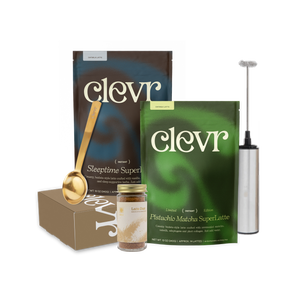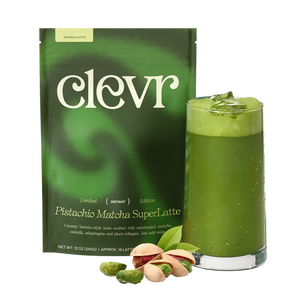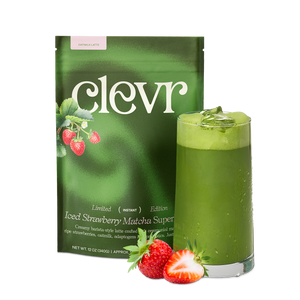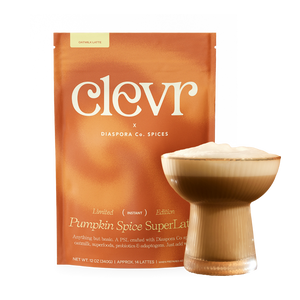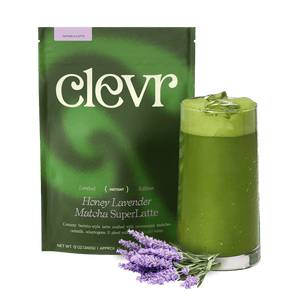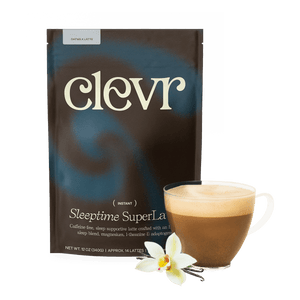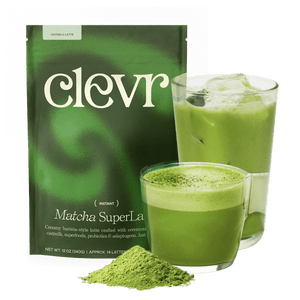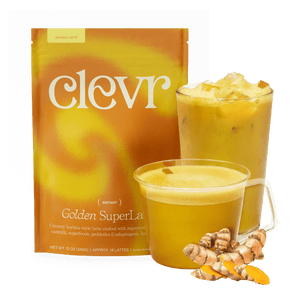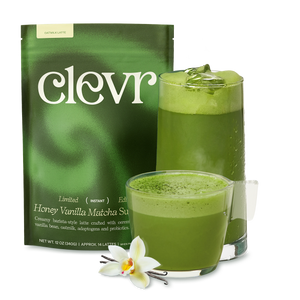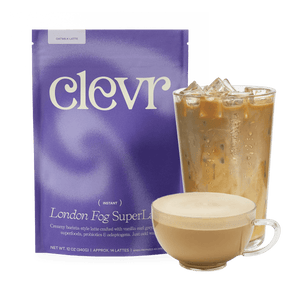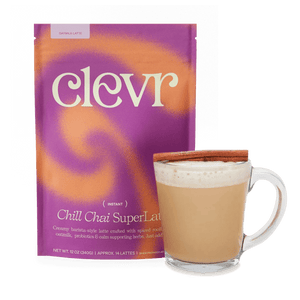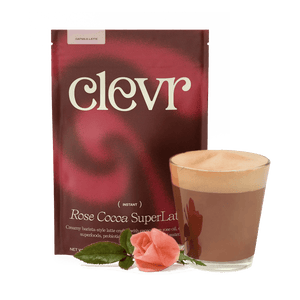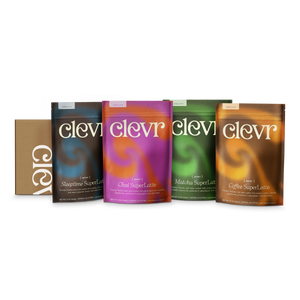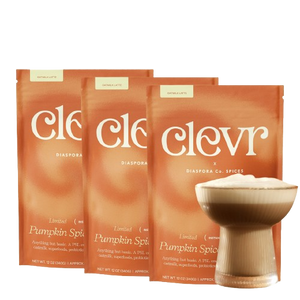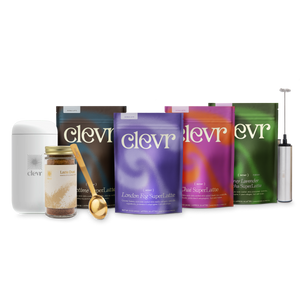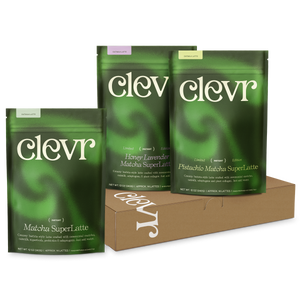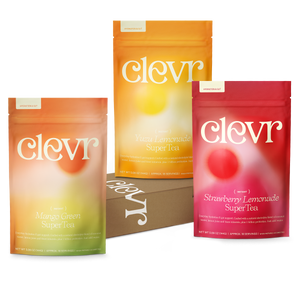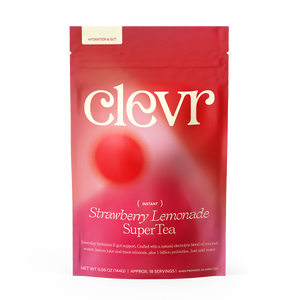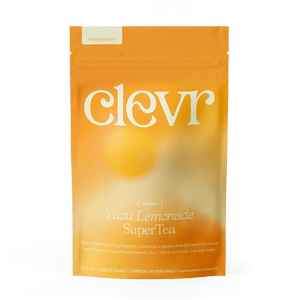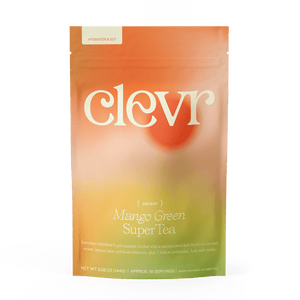
Winter Wellness, with Dr. Kat Bodden
Tips on mental and physical wellness during winter, including herbal/natural remedies and immune system support.
Shorter days and colder temps mean more time indoors, slowing down into a sort of hibernation. Hibernation doesn't mean a full pause, but rather a time of increased reflection, gentler activities and more rest. As we slow down, it's important for us to spend a little extra time nourishing our minds and bodies, especially our immune systems. We talked to Dr. Kat Bodden about mental and physical wellness during the winter months, and we're excited to share this interview with you. Kat shares in-depth expert tips about the most common deficiencies during winter, the link between gut health and mental health, and herbal/natural remedies to support you during this season.
Kat Bodden (she/her) is a Naturopathic Doctor in Portland, OR who specializes in gastrointestinal health, chronic fatigue, and detoxification. Her individualized wellness programs address the root cause of disease and empower clients to take control of their health.
**Links to blogs mentioned in the question about "herbal/natural remedies for supporting your immune system" are here.
